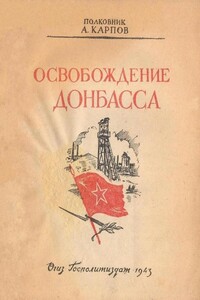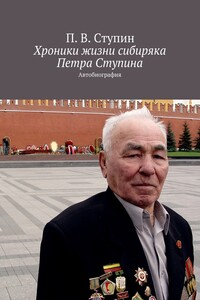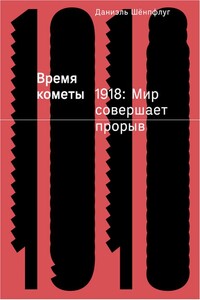Иностранные известия о восстании Степана Разина - [61]
Stenko Radeiri's Expedition into Persia, related by word of mouth by a Cossack who assisted at it and with 30 others was taken Prisoner nine Years ago upon the Osto Duwanni (behind which as was said, lies another, Sziloi), near

Небольшая книга об освобождении Донецкой области от немецко-фашистских захватчиков. О наступательной операции войск Юго-Западного и Южного фронтов, о прорыве Миус-фронта.

В Новгородских писцовых книгах 1498 г. впервые упоминается деревня Струги, которая дала название административному центру Струго-Красненского района Псковской области — посёлку городского типа Струги Красные. В то время существовала и деревня Холохино. В середине XIX в. основана железнодорожная станция Белая. В книге рассказывается об истории этих населённых пунктов от эпохи средневековья до нашего времени. Данное издание будет познавательно всем интересующимся историей родного края.

У каждого из нас есть пожилые родственники или знакомые, которые могут многое рассказать о прожитой жизни. И, наверное, некоторые из них иногда это делают. Но, к сожалению, лишь очень редко люди оставляют в письменной форме свои воспоминания о виденном и пережитом, безвозвратно уходящем в прошлое. Большинство носителей исторической информации в силу разнообразных обстоятельств даже и не пытается этого делать. Мы же зачастую просто забываем и не успеваем их об этом попросить.

Клиффорд Фауст, профессор университета Северной Каролины, всесторонне освещает историю установления торговых и дипломатических отношений двух великих империй после подписания Кяхтинского договора. Автор рассказывает, как действовали государственные монополии, какие товары считались стратегическими и как разрешение частной торговли повлияло на развитие Восточной Сибири и экономику государства в целом. Профессор Фауст отмечает, что русские торговцы обладали не только дальновидностью и деловой смёткой, но и знали особый подход, учитывающий национальные черты характера восточного человека, что, в необычайно сложных условиях ведения дел, позволяло неизменно получать прибыль и поддерживать дипломатические отношения как с коренным населением приграничья, так и с официальными властями Поднебесной.

Эта книга — первое в мировой науке монографическое исследование истории Астраханского ханства (1502–1556) — одного из государств, образовавшихся вследствие распада Золотой Орды. В результате всестороннего анализа русских, восточных (арабских, тюркских, персидских) и западных источников обоснована дата образования ханства, предложена хронология правления астраханских ханов. Особое внимание уделено истории взаимоотношений Астраханского ханства с Московским государством и Османской империей, рассказано о культуре ханства, экономике и социальном строе.

Яркой вспышкой кометы оказывается 1918 год для дальнейшей истории человечества. Одиннадцатое ноября 1918 года — не только последний день мировой войны, швырнувшей в пропасть весь старый порядок. Этот день — воплощение зародившихся надежд на лучшую жизнь. Вспыхнули новые возможности и новые мечты, и, подобно хвосту кометы, тянется за ними вереница картин и лиц. В книге известного немецкого историка Даниэля Шёнпфлуга (род. 1969) этот уникальный исторический момент воплощается в череде реальных судеб: Вирджиния Вулф, Гарри С.